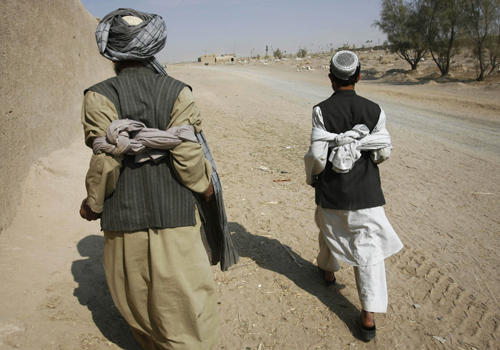More Conservative abuse of process
Thursday, November 20, 2014
Wednesday, November 12, 2014
November 12 - remembering the wounded
| Veterans Transition Network |
 |
| Canadian Veterans Advocacy |
Last Thursday, Blais’s advocacy group joined a coalition of other veterans’ organizations to demand better federal support for injured and retired soldiers and their families. The coalition announced its members would not pose for photo ops or allow themselves to be quoted in federal press releases until Ottawa improved its treatment of its veterans.
That same coalition is expected to target the Royal Canadian Legion in another news conference Wednesday, when it will criticize that organization for failing to push harder for its veterans.“They’re not being treated well,” Blais said of Canada’s war veterans. “The sacred obligation is not being fulfilled.”
The coalition of veterans’ organizations say the government is not providing adequate health and retirement benefits for injured soldiers and those dealing with mental health issues. They’re also upset over the government’s recent move to close a number of Veterans’ Affairs offices around the country.
Read more: http://www.ctvnews.ca/canada/vets-demanding-better-treatment-from-feds-remember-the-living-too-1.2098050#ixzz3IqIPgmIx
Tuesday, November 4, 2014
"Revenge is sour"
A George Orwell essay
"Unfortunately, there is often a need of some concrete incident before one can discover the real state of one’s feelings. Here is another memory from Germany. A few hours after Stuttgart was captured by the French army, a Belgian journalist and myself entered the town, which was still in some disorder. The Belgian had been broadcasting throughout the war for the European Service of the BBC, and, like nearly all Frenchmen or Belgians, he had a very much tougher attitude towards ‘the Boche’ than an Englishman or an American would have. All the main bridges into town had been blown up, and we had to enter by a small footbridge which the Germans had evidently made efforts to defend. A dead German soldier was lying supine at the foot of the steps. His face was a waxy yellow. On his breast someone had laid a bunch of the lilac which was blooming everywhere.
"The Belgian averted his face as we went past. When we were well over the bridge he confided to me that this was the first time he had seen a dead man. I suppose he was thirty five years old, and for four years he had been doing war propaganda over the radio. For several days after this, his attitude was quite different from what it had been earlier. He looked with disgust at the bomb-wrecked town and the humiliation the Germans were undergoing, and even on one occasion intervened to prevent a particularly bad bit of looting. When he left, he gave the residue of the coffee we had brought with us to the Germans on whom we were billeted. A week earlier he would probably have been scandalized at the idea of giving coffee to a ‘Boche’. But his feelings, he told me, had undergone a change at the sight of “ce pauvre mort” beside the bridge: it had suddenly brought home to him the meaning of war. And yet, if we had happened to enter the town by another route, he might have been spared the experience of seeing one corpse out of the — perhaps — twenty million that the war has produced."
http://georgeorwellnovels.com/essays/revenge-is-sour/
"Unfortunately, there is often a need of some concrete incident before one can discover the real state of one’s feelings. Here is another memory from Germany. A few hours after Stuttgart was captured by the French army, a Belgian journalist and myself entered the town, which was still in some disorder. The Belgian had been broadcasting throughout the war for the European Service of the BBC, and, like nearly all Frenchmen or Belgians, he had a very much tougher attitude towards ‘the Boche’ than an Englishman or an American would have. All the main bridges into town had been blown up, and we had to enter by a small footbridge which the Germans had evidently made efforts to defend. A dead German soldier was lying supine at the foot of the steps. His face was a waxy yellow. On his breast someone had laid a bunch of the lilac which was blooming everywhere.
"The Belgian averted his face as we went past. When we were well over the bridge he confided to me that this was the first time he had seen a dead man. I suppose he was thirty five years old, and for four years he had been doing war propaganda over the radio. For several days after this, his attitude was quite different from what it had been earlier. He looked with disgust at the bomb-wrecked town and the humiliation the Germans were undergoing, and even on one occasion intervened to prevent a particularly bad bit of looting. When he left, he gave the residue of the coffee we had brought with us to the Germans on whom we were billeted. A week earlier he would probably have been scandalized at the idea of giving coffee to a ‘Boche’. But his feelings, he told me, had undergone a change at the sight of “ce pauvre mort” beside the bridge: it had suddenly brought home to him the meaning of war. And yet, if we had happened to enter the town by another route, he might have been spared the experience of seeing one corpse out of the — perhaps — twenty million that the war has produced."
http://georgeorwellnovels.com/essays/revenge-is-sour/
Subscribe to:
Posts (Atom)








